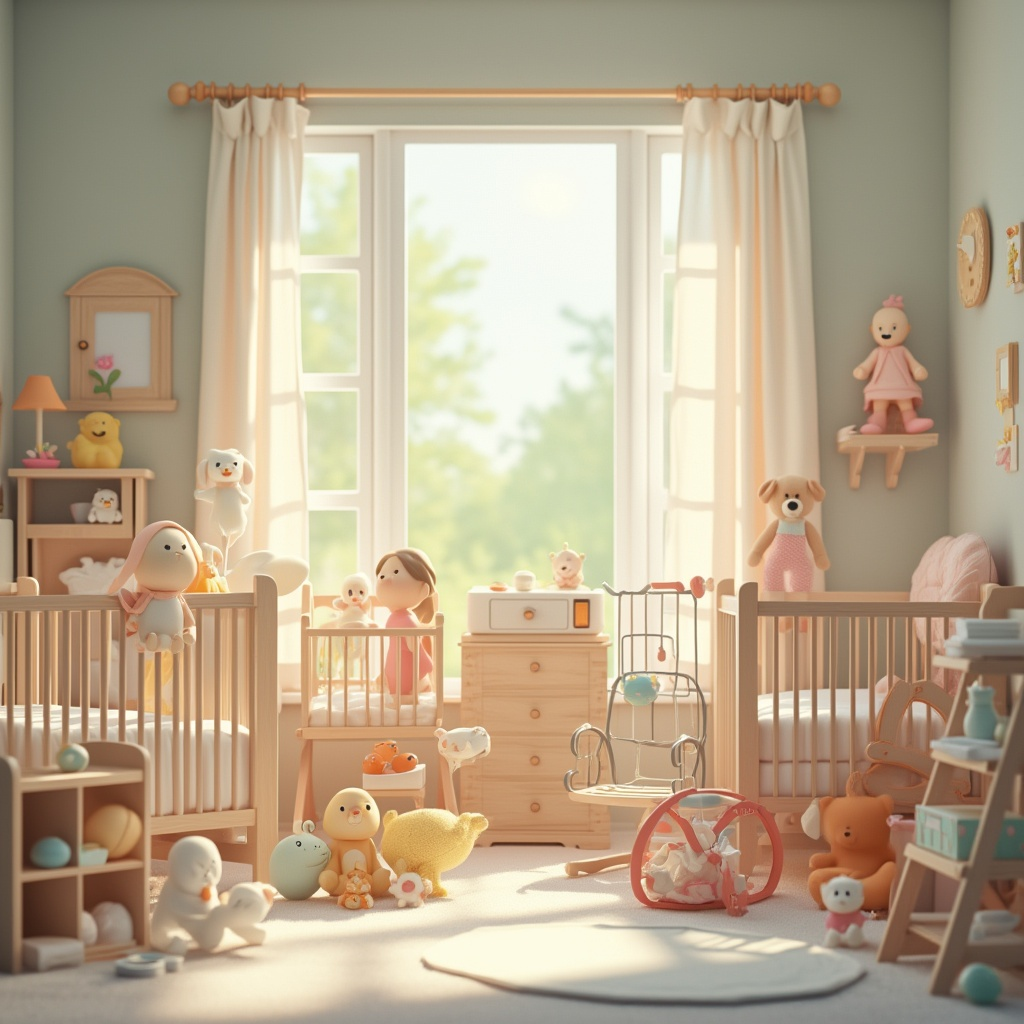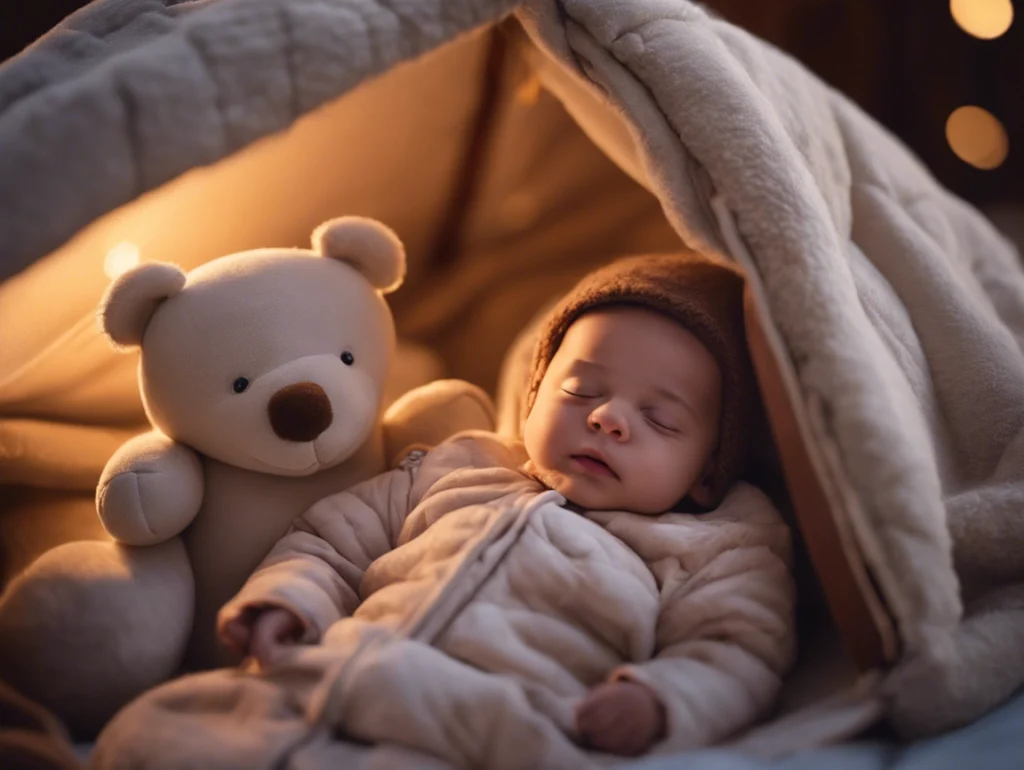When it comes to baby products, safety is not just a buzzword—it’s a must. Whether it’s a plush toy, a baby bottle, or a car seat, these products are held to some of the strictest standards in the world. If you’re a manufacturer or brand owner eyeing the lucrative markets of the EU or USA, compliance with these standards isn’t optional—it’s your ticket to success.
Let’s explore the testing standards required, what they cover, and how you can ensure your baby products are market-ready. And yes, we’ll keep it lighthearted, because navigating regulations can be as tricky as soothing a teething baby—but we’ve got your back.

Why Testing Standards Are Essential
The tiniest and most vulnerable humans use baby products, so naturally, parents, retailers, and regulators want guarantees that these items are:
- Safe to Use: No choking hazards, harmful chemicals, or poorly designed parts.
- Durable: Because babies test durability better than any lab ever could!
- Compliant with Laws: Meeting the standards isn’t just about safety; it’s a legal requirement for exporting to the EU and USA.
(Want more insights into baby product safety? Check out Endearing Baby’s Safety Guide.)
Testing Standards for the EU 🇪🇺
1. General Product Safety Directive (GPSD)
The GPSD (Directive 2001/95/EC) is the backbone of product safety in the EU. It requires that all products, including baby items, meet essential safety requirements.
Key Requirements:
- Products must pose no risk to health or safety when used as intended.
- Manufacturers must provide clear instructions and warnings.
2. EN 71: Toy Safety Standard
This standard applies to toys intended for children under 14 years, which includes many baby items like rattles and teethers.
| Part | What It Covers |
|---|---|
| EN 71-1 | Mechanical and physical properties (e.g., no small parts that can cause choking). |
| EN 71-2 | Flammability standards. |
| EN 71-3 | Migration of toxic substances (e.g., heavy metals in paints). |
3. REACH (Registration, Evaluation, Authorization, and Restriction of Chemicals)
REACH is all about limiting hazardous chemicals in products sold in the EU.
Example Chemicals Restricted:
- Phthalates (commonly found in plastics).
- Lead and cadmium (often found in paints or finishes).
4. CE Marking
The CE mark is a declaration that your product complies with EU safety standards. For baby products, it often involves compliance with the above regulations, plus additional tests for specific items.
| Product | Additional Testing Requirements |
|---|---|
| Strollers | Stability, braking systems, and durability. |
| Cribs | Structural integrity and absence of sharp edges. |
Testing Standards for the USA 🇺🇸
1. CPSIA (Consumer Product Safety Improvement Act)
The CPSIA governs most children’s products in the USA and is enforced by the Consumer Product Safety Commission (CPSC).
| Requirement | Details |
|---|---|
| Lead Content | Maximum of 100 ppm for paint and coatings. |
| Phthalates | Limits on phthalates in toys and childcare articles. |
| Small Parts | No small parts for children under 3 years old. |
2. ASTM Standards
The American Society for Testing and Materials (ASTM) sets standards for various baby products.
| ASTM Standard | Covers |
|---|---|
| ASTM F963 | Toy safety standards (similar to EN 71). |
| ASTM F406 | Cribs and play yards. |
| ASTM F833 | Strollers and carriages. |
3. FDA Regulations
For baby products like bottles, pacifiers, and food-related items, compliance with FDA (Food and Drug Administration) regulations is mandatory.
Key Focus Areas:
- Materials must be food-grade.
- Products must not leach harmful chemicals when in contact with food or liquid.
4. Labeling and Instructions
The USA has strict rules for product labeling, ensuring parents know how to use products safely. These include age recommendations, warning labels, and material details.
How to Ensure Compliance
1. Work with Certified Testing Labs
Partner with labs accredited by international bodies like ISO/IEC 17025. Labs such as Intertek, SGS, and TÜV Rheinland are well-known for testing compliance.
2. Maintain Detailed Documentation
Prepare a Technical File with test reports, declarations of conformity, and material certifications to provide to customs or regulatory bodies if needed.
3. Stay Updated on Regulations
Standards evolve, so keep an eye on updates from regulatory bodies like the CPSC (USA) or the European Commission (EU).
Visual Comparison: EU vs. USA Standards
| Regulation | EU | USA |
|---|---|---|
| Chemical Restrictions | REACH | CPSIA + FDA |
| Toy Safety | EN 71 | ASTM F963 |
| Product Labeling | CE Marking | CPSC Label Requirements |
| Material Testing | OEKO-TEX® for textiles | FDA for food-related products |
FAQs About Exporting Baby Products
Q1: Do I need both EU and USA certifications to sell globally?
Yes, each market has its own requirements. You’ll need to comply with both if exporting to both regions.
Q2: How long does the certification process take?
It varies. For most products, testing and certification can take 4-12 weeks, depending on the complexity.
Q3: Are eco-friendly products held to different standards?
Not necessarily. However, you’ll still need certifications like GOTS (for organic textiles) or FSC (for sustainable wood products) to market eco-friendliness.
Q4: What happens if my product doesn’t meet standards?
Your shipment may be delayed, rejected, or even banned from entering the market. Non-compliance can also result in fines or recalls.
Conclusion: Compliance Is Key
Navigating the maze of testing standards for baby products might feel overwhelming, but it’s a critical step to ensure your products are safe, compliant, and export-ready. From chemical testing under REACH to toy safety standards like ASTM F963, these regulations are in place to protect both babies and your brand’s reputation.
You can confidently expand your baby product line into global markets by working with trusted labs and staying informed about evolving standards.
(For more tips on preparing your baby products for export, visit Endearing Baby’s Resource Center.)

